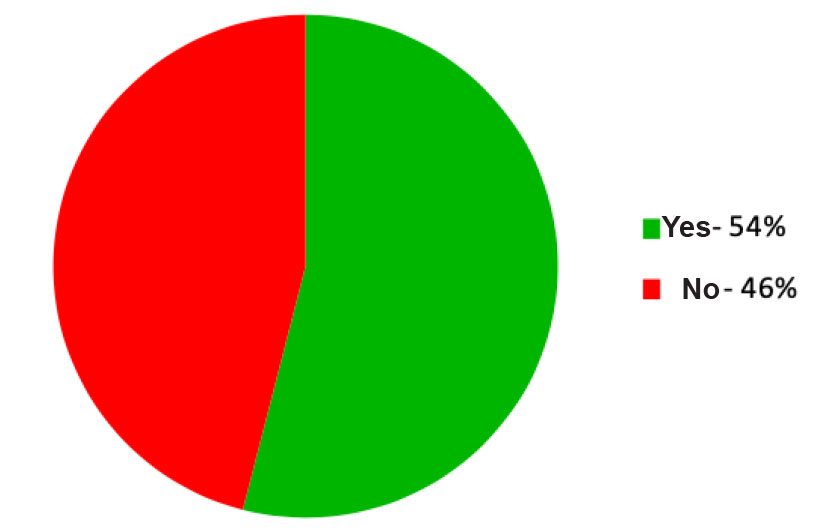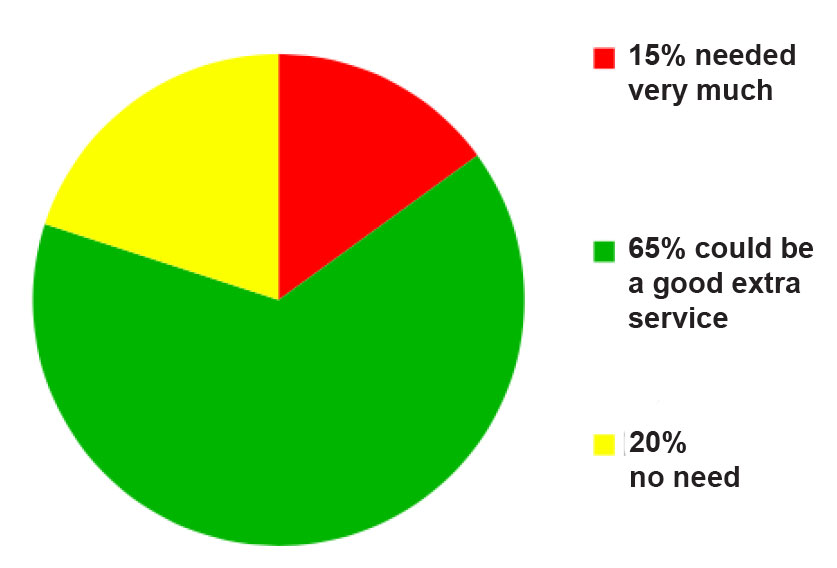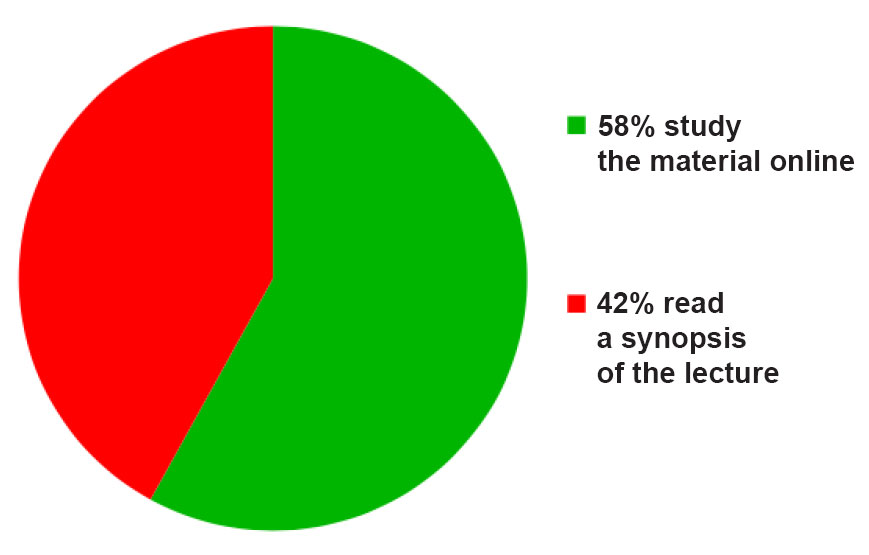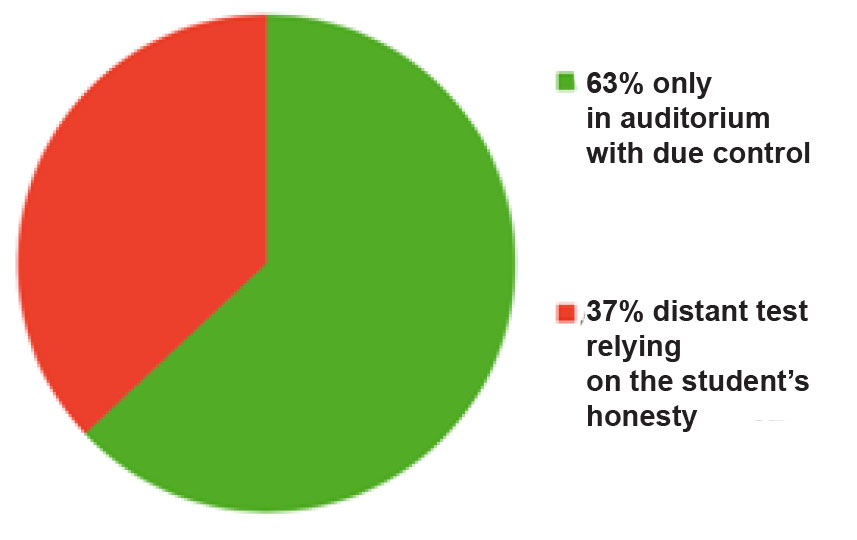Demand for theory of physical education online course in technical university
ˑ:
D.S. Savelyev1
PhD E.S. Zherlygina1
Ya.A. Kuvanov1
1St. Petersburg Mining University, St. Petersburg
Keywords: educational system, online course, internet technologies, education service market.
Background. The national educational system, much like any other social communication sector, is being reformed due to the growing role played by multiple interactive communication technologies and their increasing influence on every social domain. Distance education technologies are so popular nowadays in the basic and advanced education formats that some analysts believe that they may evolve into the dominant education models of the 21 century [3-5]. No doubt that these technologies provide ample means for a mass permanent self-education programs and data exchange, being at the same time highly sensitive to every social demand for a highly professional human resource. This holds particularly true for the technical university graduates who normally are more skillful and competent in the modern information technologies than their humanitarian peers.
As things now stand, at least one of four national universities offers some distant academic education service [1], with its frame concept being mostly clear today. As for the extra online courses within the traditional curricula, there is still a room for discussion and solutions, particularly in the physical education domain.
It is not unusual for academic physical education service that some students fail to attend sessions for many reasons (both valid and invalid), and the traditional education system offers the means to clear the arrears with assistance from the classmates’ synopses and/ or by self-learning, with the teachers expected to find extra time for extra examinations of such indebted students [2]. It may be beneficial for the academic education system to offer supplementary online theoretical education courses with an interim test system designed as follows. When a student fails to attend and wants to avoid an absence note and bridge the knowledge gap, he/she may opt for an online training session and pass the relevant online test, with the test results automatically reported to the teacher by the system and, in case of success, the student is cleared for the session examination. When a student accumulates high arrears and fails to bridge the gaps by the online sessions, he/ she will be offered a distance physical education course, followed by the theoretical physical education knowledge tests [6]. This training and progress test system may be successfully applied in the physical education theory courses.
Objective of the study was to run a questionnaire survey of the Saint Petersburg Mining University student sample to analyze the potential demand for an online physical education theory course.
Methods and structure of the study. We run a questionnaire survey of the 1-2-year Saint Petersburg Mining University student sample (n=228) representing every university department to explore the potential demand for the online physical education theory course in addition to the standard physical education curriculum. The questionnaire survey was run prior to the morning gymnastics and included 5 questions.
Results and discussion. Given hereunder are the questions and the survey data charts.

Question 1: Have you ever completed any online education course?

Question 2. Please rate the need for an online physical education theory course at the Mining University

Question 3: What do you do when you miss a physical education theory session?

Question 4: What is the most objective knowledge test to your mind?
The questionnaire survey data showed that most of the respondents find an online physical education theory course beneficial as a supplementary education service (question 2). Despite the fact that every student was found technically equipped for an online education, only 54% reported having a practical online education experience (question 1). The opportunity to clear attendance arrears by the online education service was also appreciated by the respondents (question 3). It is also important that 37% of the respondents acknowledged benefits of the online tests as a fairly objective knowledge rating tool, albeit 63% of the sample hold to the opinion that the tests may be fair enough only in auditoriums with due control (question 4).
Conclusion. Further progress of the online education models at this juncture is still somewhat hampered by a few issues including the poor responsibility of the trainees, lack of direct interpersonal teacher-student contacts, and some problems related to the online progress tests. It should be emphasized, however, that the distant academic education concept still offers multiple practical benefits and promises.
References
- Batayev A.V. Analiz mirovogo rynka distantsionnogo obrazovaniya [Analysis of global distance education market]. Molodoy ucheny, 2015, no. 20, pp. 205-208. Available at: https://moluch.ru/archive/100/22587/ [date of access: 29.10.2018].
- Grigor'ev V.I., Shubin Yu.K., Panchenko I.A., Zinov'ev N.A. Upravlenie fizicheskoy podgotovkoy studentov na osnove primeneniya ballno-reytingovogo kontrolya [Management of Physical Training of Students Based on the Use of Score Rating Control]. Teoriya i praktika fiz. kultury, 2014, no. 6, pp. 10-12.
- Kozelkov O.V. Distantsionnoe obuchenie v vysshem obrazovanii: realnost i perspektivy [Distance education in higher education: reality and perspectives]. Aktualnye problemy gumanitarnykh i estestvennykh nauk, 2017, no. 3-1, pp. 91-93.
- Merenkov A.V., Sushchenko A.D. Potrebnosti studentov vuzov v dopolnitelnom obrazovanii: osobennosti formirovaniya i realizatsii [Requirements of university students in additional education: features of cultivation and implementation]. Voprosy obrazovaniya, 2016, no. 3, pp. 204-223. Available at: https://vo.hse.ru/data/2016/09/19/1123209073/Merenkov.pdf [date of access: 29.10.2018]
- Romanova N.L. Onlayn-kursy kak innovatsionnaya forma distantsionnogo obucheniya [Online courses as innovative form of distance learning]. Pedagogika vysshey shkoly, 2018, no. 2, pp. 5-8. Available at: https://moluch.ru/th/3/archive/86/3178/ [date of access: 29.10.2018].
- Savelyev D.S., Zherlygina E.S. Psikhologicheskie aspekty onlayn-obucheniya i organizatsiya objektivnogo testirovaniya znaniy obuchayushchikhsya [Psychological aspects of online learning and organization of objective testing of students' knowledge]. Psikhologo-sotsialnaya rabota v sovremennom obschestve: problemy i resheniya [Psychological and social work in modern society: problems and solutions]. Proc. intern. res.-pract. conf., 2018, pp. 196-197.
- Chto meshaet rasprostraneniyu onlayn-obrazovaniya [Why online education is not so popular]. [Electronic resource]. Available at: https://mel.fm/blog/aleksandr-nikitin1/58473-chto-meshayet-rasprostraneniyu-onlayn-obrazovaniya [date of access: 29.10.2018]
Corresponding author: osu@mail.ru
Abstract
The educational system, like information society in general, is currently undergoing significant qualitative changes due to the development of various interactive technologies and their increasing influence on all spheres of human activity. Distance education technologies are increasingly popular nowadays for a variety of needs – for instance, when the university students need to clear their attendance arrears (accumulated for whatever reasons) in some disciplines including the physical education one. It may be beneficial for the academic education system to offer supplementary online theoretical education courses with an interim test system designed as follows. When a student fails to attend and wants to avoid an absence note and bridge the knowledge gap, he/she may opt for an online training session and pass the relevant online test, with the test results automatically reported to the teacher by the system and, in case of success, the student will be cleared for the session examination. When a student accumulates high arrears and fails to bridge the gaps by the online sessions, he/ she will be offered a distance physical education course, followed by the theoretical physical education knowledge tests. We run a questionnaire survey of the 1-2-year Saint Petersburg Mining University student sample representing every university department to explore the potential demand for such a theoretical physical education online course.



